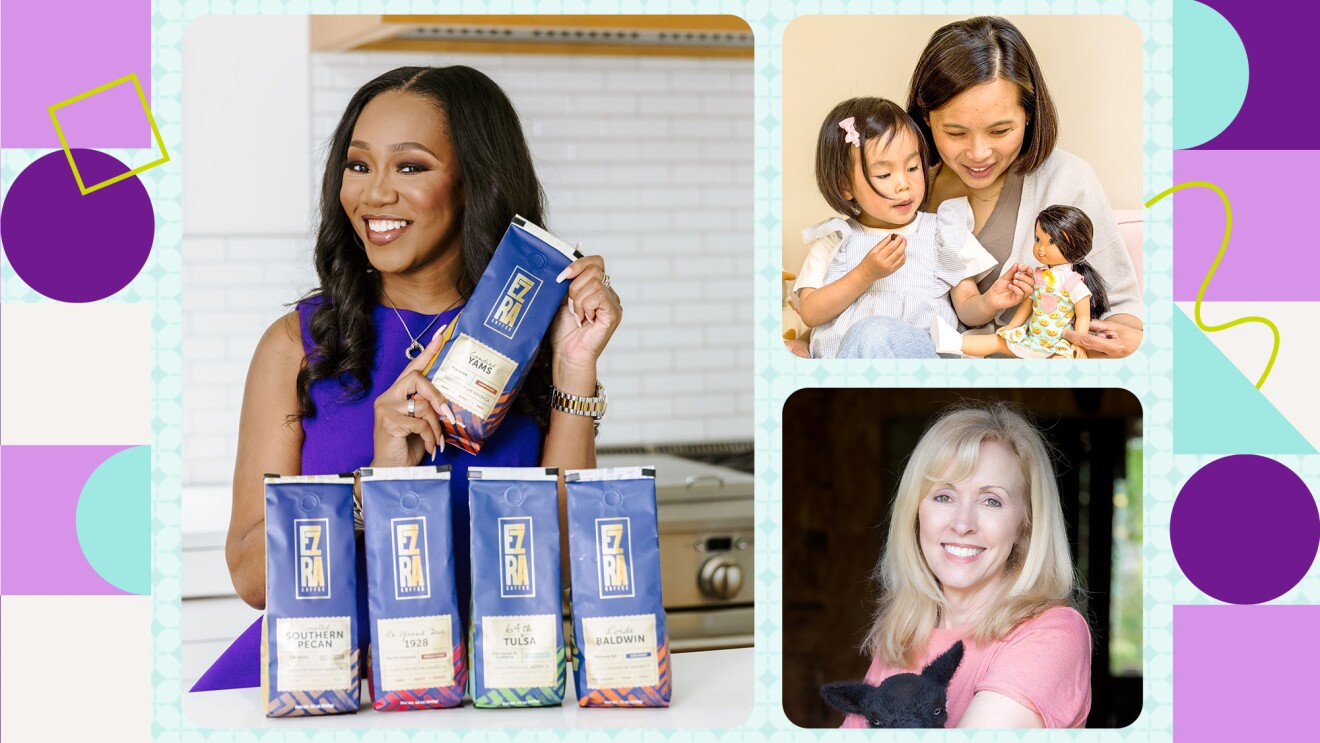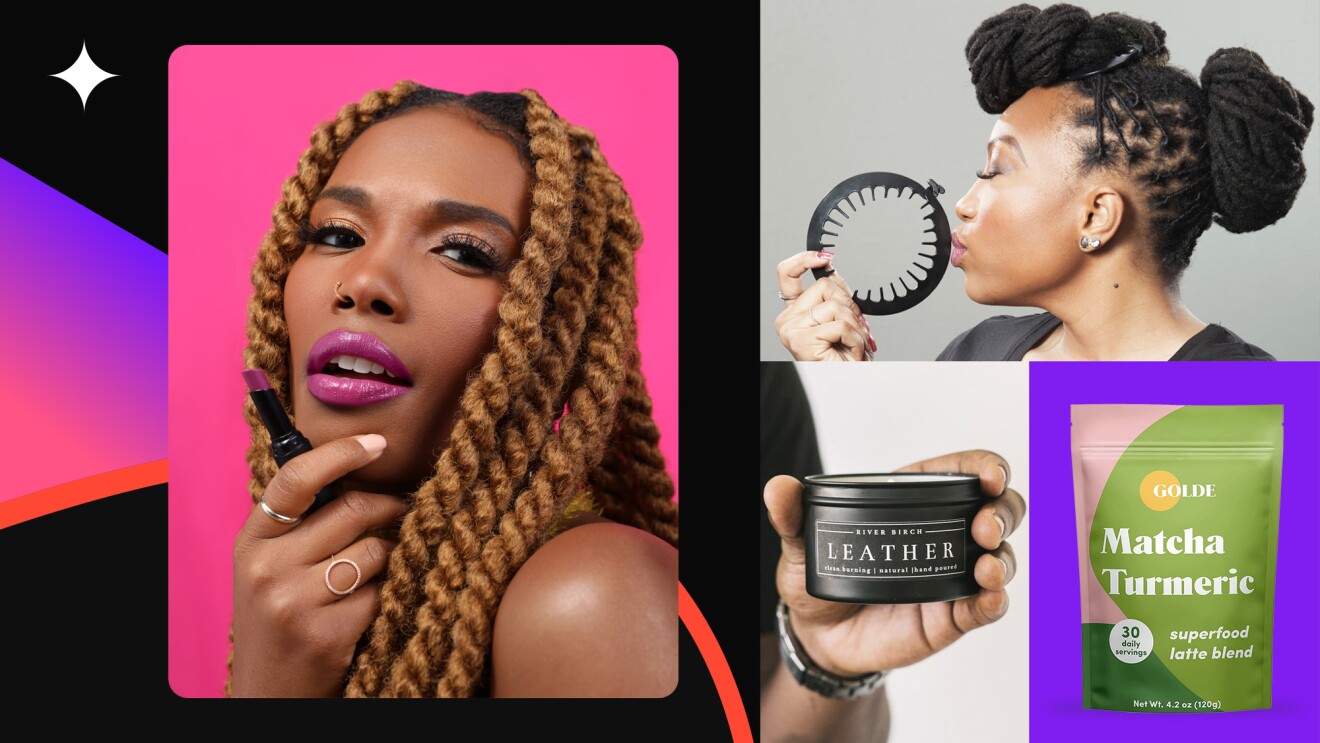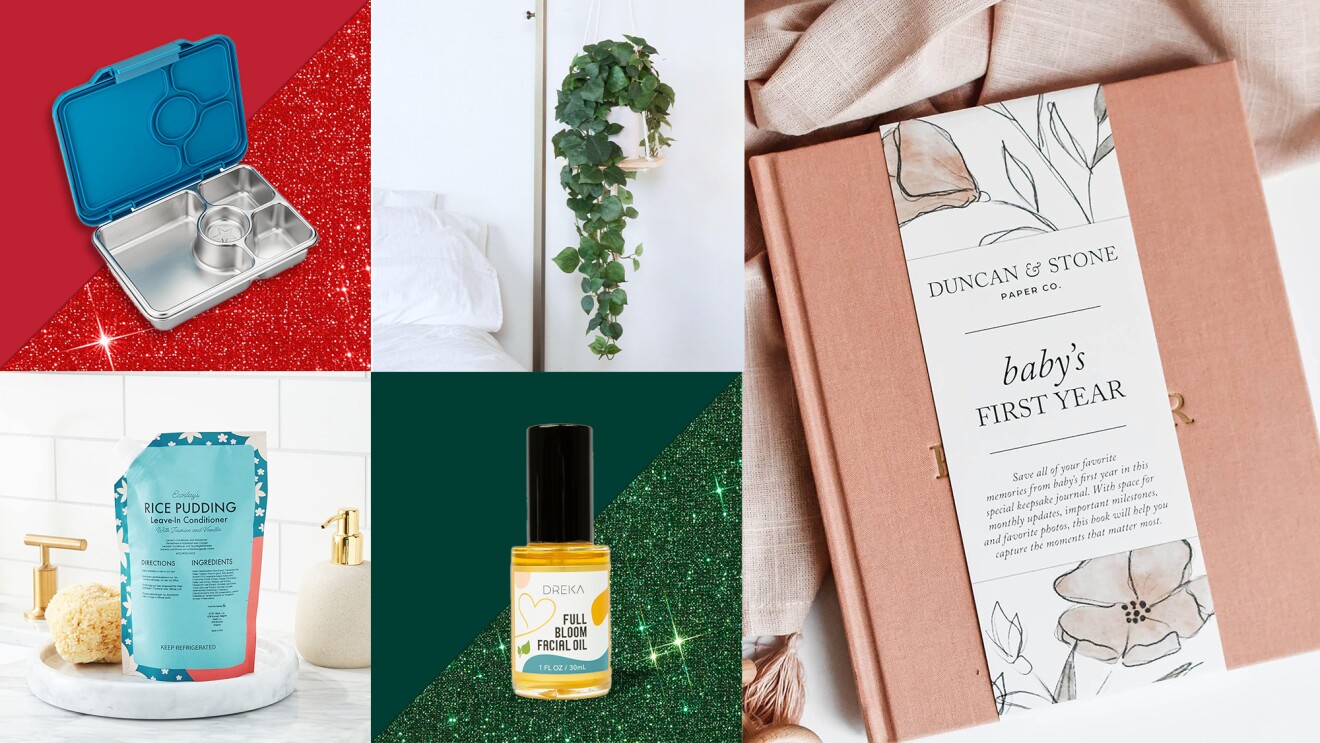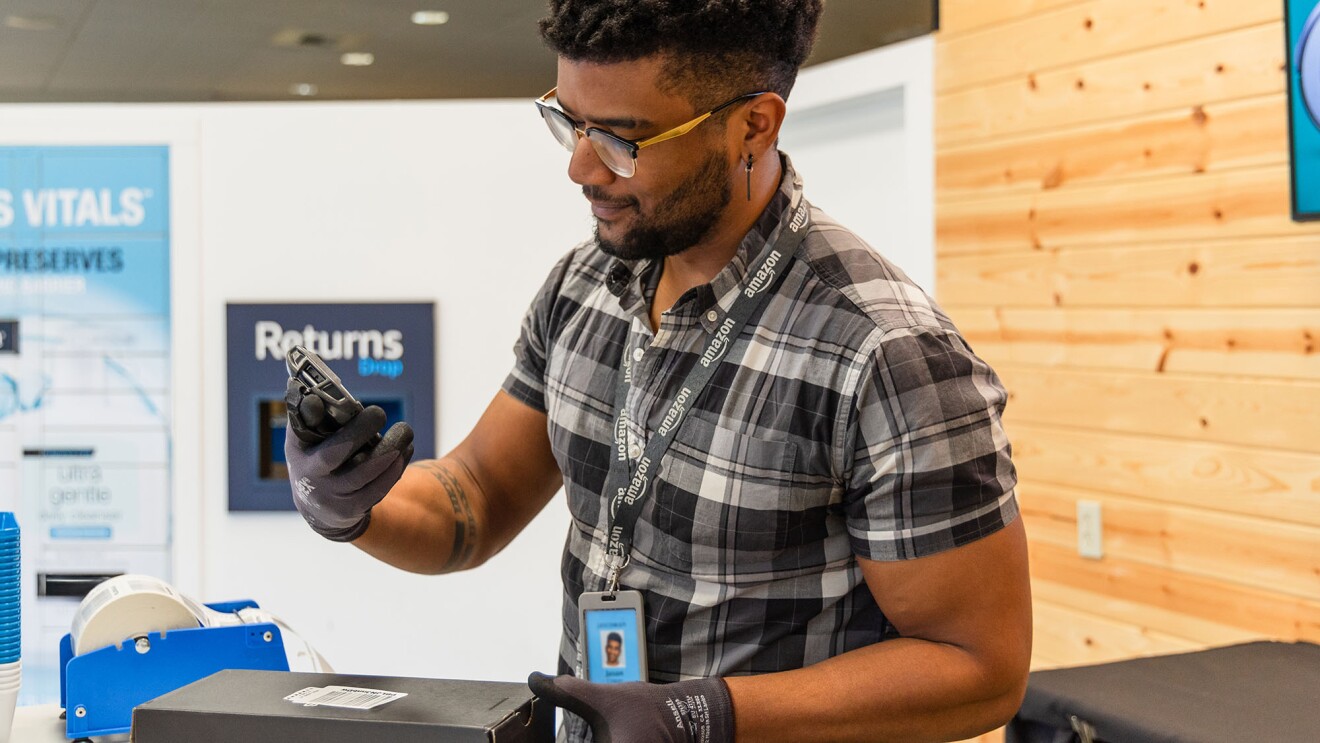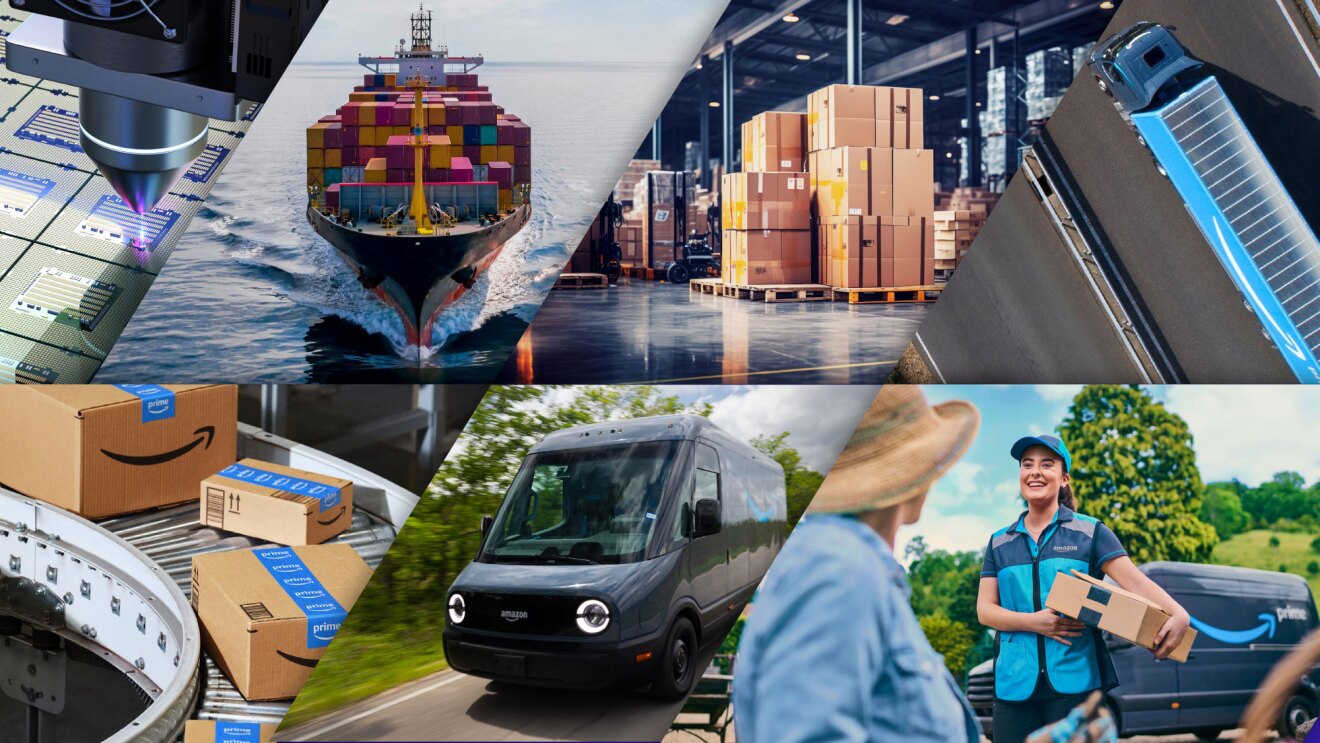 Andrea Marquez, host and producer of This is Small Business.
Andrea Marquez, host and producer of This is Small Business.Page overview
Know your “why” to tell a better story
People remember stories that resonate. In order to have a story that is powerful and helps customers connect with your brand, you need to know why you are doing this in the first place, like Toyin Kolawole from Iya Foods (Season Two, Episode Eleven), who is on a mission to help end childhood hunger through her business. Without having a clear “why” that you can communicate to your team and customers, it’s like navigating a ship in the dark without a north star.
 Toyin Kolawole, founder & CEO of Iya Foods.
Toyin Kolawole, founder & CEO of Iya Foods. Everything must be in writing. If you’re going into business with a partner, it’s important to consult with a lawyer and financial team, to draft up a solid contract that will take you through the inevitable ups and downs of business partnerships, like when the co-founders of SwiftPaws (Season Two, Episode Nine) decided to part ways.
 Meghan Wolfgram, founder & CEO of Swift Paws.
Meghan Wolfgram, founder & CEO of Swift Paws. If your product is for everyone, then it is for no one. At the beginning of their journey, Hustle Clean (Season Two, Episode One) wanted to be a brand used by everyone, which resulted in a diluted story that weakened their brand ethos. Go back to your “why;” drill into who your core customers are, make them happy, understand them first, and then consider what expanding your customer base could look like.
 Justin Forsett, CEO of Hustle Clean.
Justin Forsett, CEO of Hustle Clean.Have the right resources in place before you push for growth. You can’t aim for the moon without a rocket ship, so before you start growing and pushing your business, think about what you need to make everything happen. And sometimes, growth isn’t the objective—and that’s OK. Christina Wallace from the Harvard Business School shares this, and other mistakes entrepreneurs make (Season Two, Episode Two).
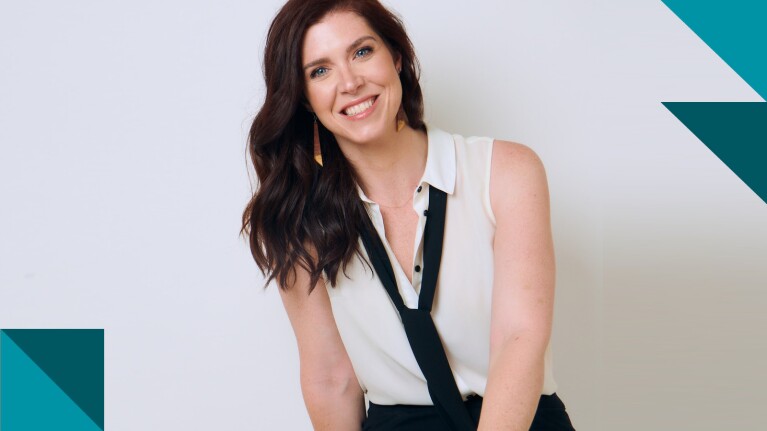 Christina Wallace, senior lecturer from the Harvard Business School.
Christina Wallace, senior lecturer from the Harvard Business School.Money can be an overwhelming topic, and often, one of the hardest obstacles entrepreneurs face in getting their business ideas off the ground. So it helps to ease into the journey by bootstrapping, or funding it yourself through personal, family, or friend investments. Detara Williams from Darlyng & Co. (Season Two, Episode Three) started by bootstrapping her businesses, but then quickly learned about pitching for grants and other ways she could fund her business.
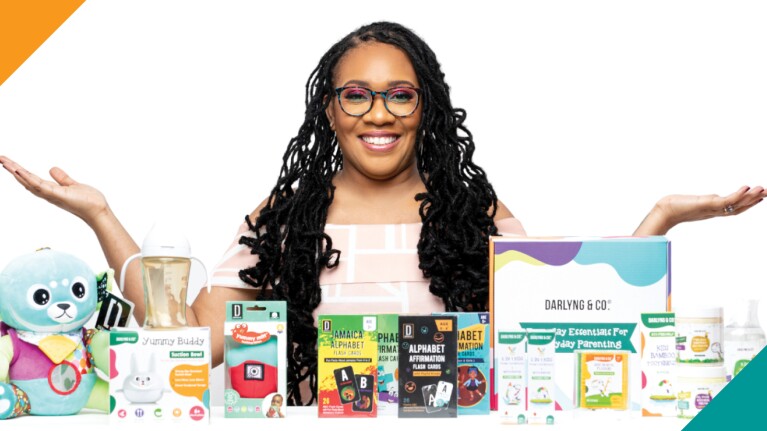 Detara Williams, CEO of Darlyng & Co.
Detara Williams, CEO of Darlyng & Co.If you don’t know the ins and outs of your product supply chain, then you don’t know where the gaps are, how to forecast challenges, or make it more efficient. Whether you are manufacturing your own product, like Oliver Crane and Ash Heather from Epic Water Filters (Season Two, Episode Eight), or working with a supplier, like Chevalo and Monique Wilsondebriano from Charleston Gourmet Burger Co. (Season Two, Episode Seven), it helps to understand how each piece of the supply chain affects your business strategy and goals.
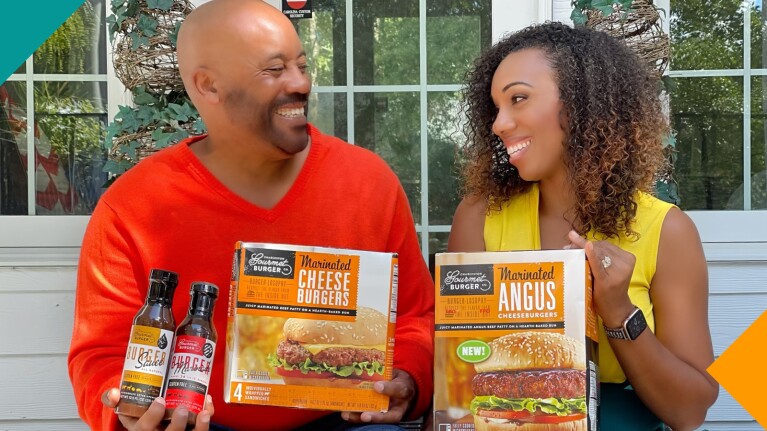 Chevalo and Monique Wilsondebriano, owners of Charleston Gourmet Burger Co.
Chevalo and Monique Wilsondebriano, owners of Charleston Gourmet Burger Co.Dive deep into these tips and get more insights from small business owners and industry experts every Tuesday, starting February 7 on the This is Small Business podcast on Amazon Music, Apple Podcasts, Spotify, or wherever you get your podcasts. For questions or comments email the This is Small Business team at thisissmallbusiness@amazon.com.



